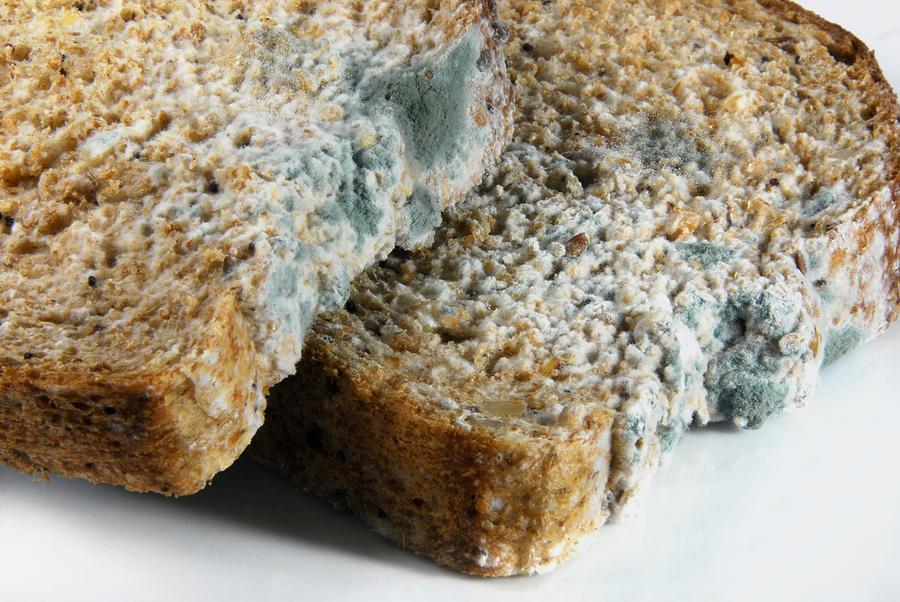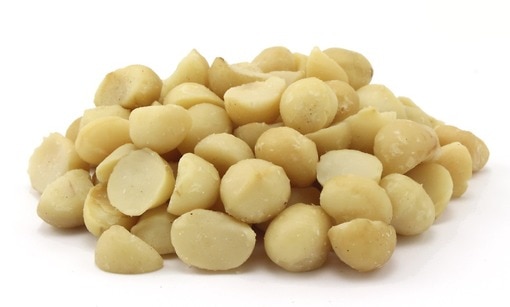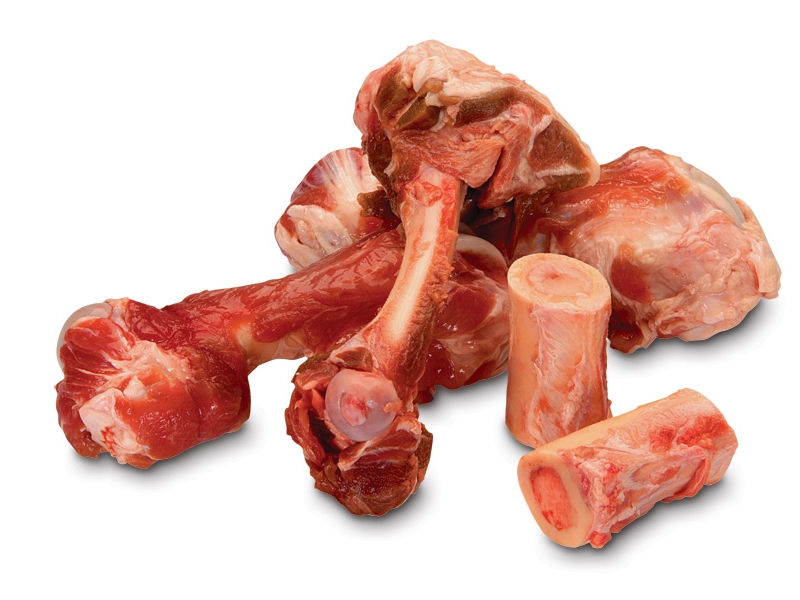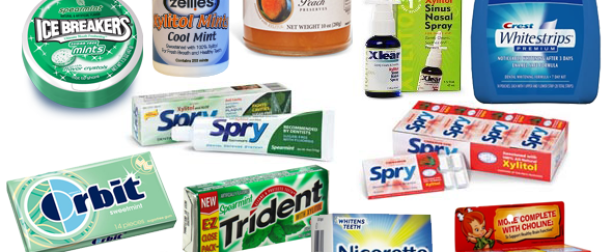With the approach of Easter, your chocolate stash is likely to grow. Like us, dogs love chocolate and will go to great lengths to search it out. Unfortunately, for our four-legged friends, eating chocolate can cause serious illness.

Why is chocolate toxic to dogs?
Chocolate contains caffeine and theobromine. Whilst the amount of theobromine in chocolate is safe for human consumption, dogs take longer to process it, allowing the theobromine to negatively affect the dog’s heart, kidneys and brain.
How much is too much?
That depends upon your dog’s weight and the type of chocolate. Smaller, thinner dogs or dogs that are unwell are more at risk.
Generally, the darker, the chocolate, the more theobromine it contains. White chocolate does not have enough theobromine to be toxic, but milk chocolate and dark chocolate can contain dangerous theobromine levels. Cocoa powder and cooking chocolate have the highest amounts of theobromine so be sure to keep these well out of reach!
Some dogs are more sensitive to this toxin than others. As a rough guide, mild signs like vomiting and diarrhoea can occur with theobromine doses of 20mg/kg. Serious effects on the heart can start to occur at doses of 40 mg/kg and seizures at doses around 60mg/kg. Doses of 100mg/kg can be lethal.
Theobromine makes up around 1.9 mg/g of milk chocolate, 5.5 mg/g of sweet dark chocolate and 16 mg/g of cooking chocolate.
This chocolate calculator works out the toxic dose quickly and easily.
http://veterinaryclinic.com/chocolate/calc.html
Who would have thought that the fatal dose for a 5 kg dog is just 30 grams of cooking chocolate or a tablespoon of cocoa powder!
Signs of chocolate toxicity
Mild poisoning can cause:
- Vomiting
- Diarrhoea
- Increased drinking and urination
- Restlessness
Serious poisoning can cause:
- Increased body temperature
- Increased/abnormal heart rate
- Increased activity or excitement
- Muscle twitching
- Seizures
- Coma
How are dogs treated for chocolate toxicity?
This is an emergency! Bring your dog to the vet immediately as we need to induce vomiting within an hour to remove as much of the chocolate from the stomach as possible. Don’t be tempted to try to induce vomiting using home remedies as these can have serious adverse effects.
We may administer activated charcoal to reduce gut absorption of the toxin. Additionally, IV fluids help remove theobromine from the body and prevent dehydration.
With treatment, dogs with mild signs recover in 1-2 days. Dogs with seizures, muscle twitching or an abnormal heart rhythm will need more intensive treatment.
Other ingredients in the chocolate like the high fat and dairy content can trigger illnesses ranging from a bout of gastro to serious pancreatitis during the following week.
Chocolate is actually more toxic to cats than dogs however poisoning in cats is rare.
Be sure to store chocolate securely to keep all your pets safe.
If you suspect your dog has ingested chocolate, please call us immediately at Hall Veterinary Surgery on (02)62302223 for advice.
For Veterinary attention after hours please phone either:
Canberra Veterinary Emergency Service in Gungahlin on (02) 6225 7257 or,
Animal Emergency Centre in Fyshwick on (02) 6280 6344.

:fill(transparent,1)/raisins3x-56a495555f9b58b7d0d7af32.jpg)






/Dough183834031-56a9c28d3df78cf772aa4e3a.jpg)

/corn_fresh-589ea09f3df78c47588d10be.jpg)



